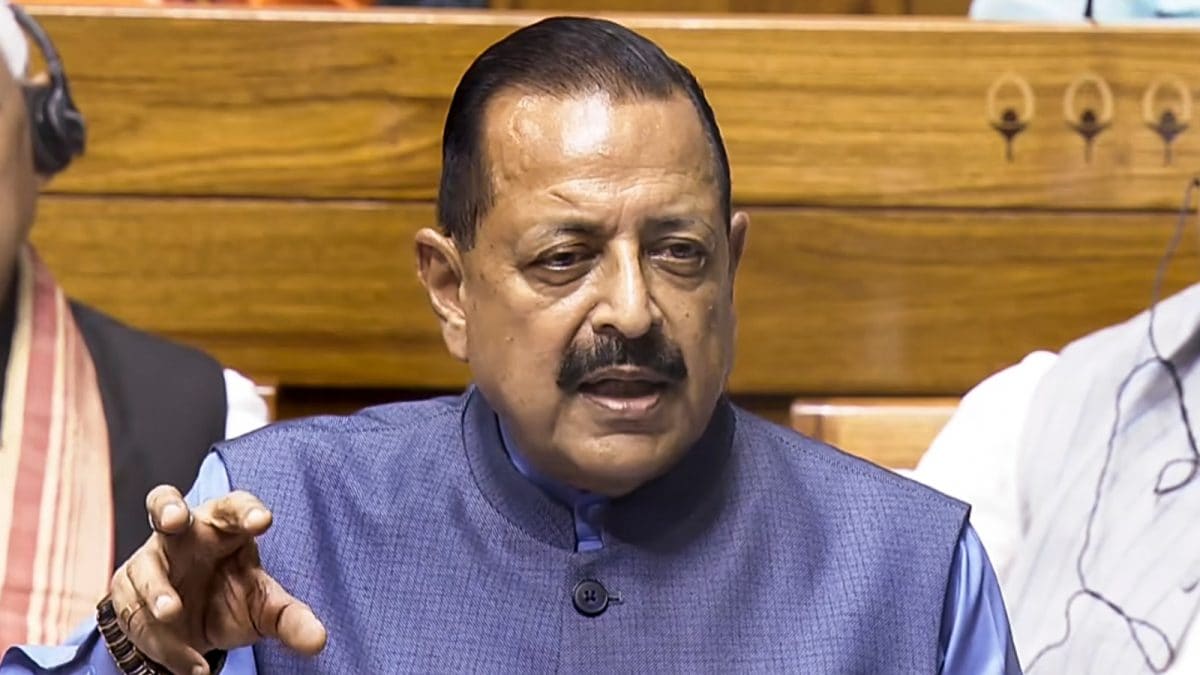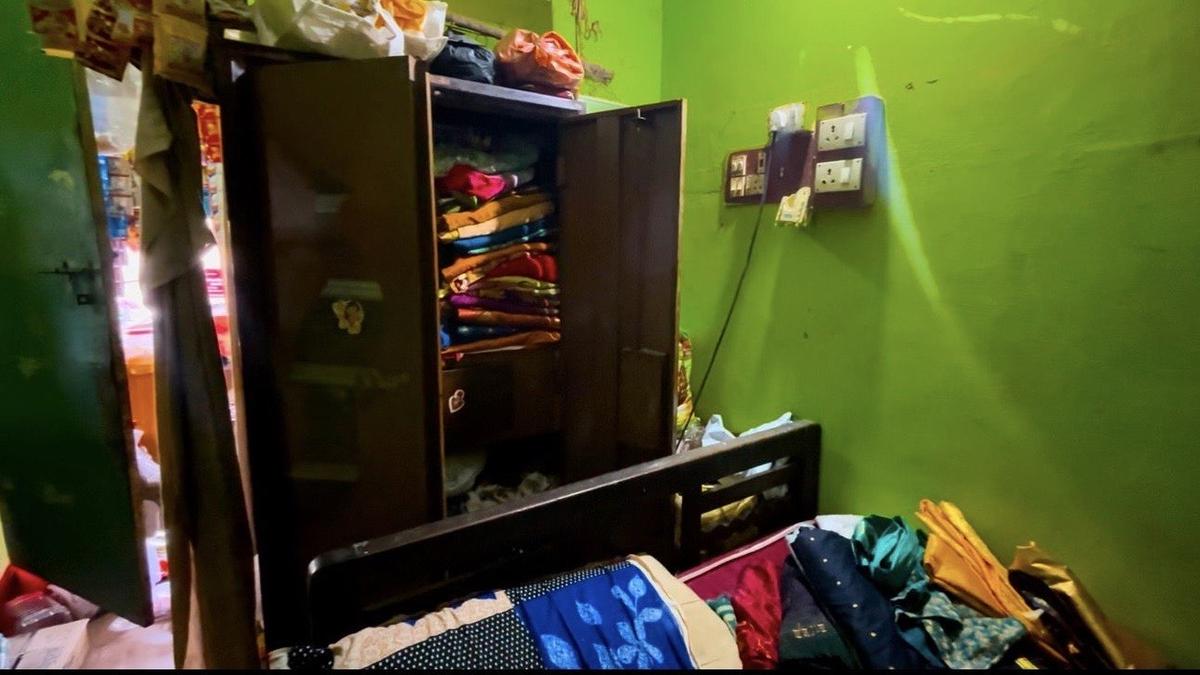ARTICLE AD BOX
JUST LIKE the 50% tariffs endangers Indian goods and merchandise exports to the US, the $100,000 a year application fee for H-1B visas threatens to effectively kill the programme unless US President Donald Trump changes his mind and tweaks his order in the coming months.
It is still early hours for the government and the IT industry to fathom the impact of Trump’s new order. Describing it as another ‘Black Swan’ event, an IT company CEO, who did not wish to be named, put its scale in perspective. “If there are about a half-a-million Indians on H-1B visas, it’s $50 billion a year bill for employers,” he said.
The government is clearly worried, and so are IT companies, both Indian and American. At this point of time, there probably are tens of thousands on H-1B visas, outside the US. “They have to return before the deadline on September 21, when the new rule becomes effective,” said the executive.
Employers including Microsoft, Meta and JP Morgan are asking those with H-1B visas to either not leave the US or return before the deadline to the US if they are outside the country.
From technology and software to healthcare and biosciences, the move could severely disrupt a number of US industries, that rely on overseas workers. Similarly, it adversely affects most big Indian IT companies who have sent their engineers onsite to work with their global clients.
“Big adjustments will have to be made in a short period,” said another executive in a top software company. Sources in the industry said the immediate concerns revolve around the possibility of a huge influx of people who are unable to secure a visa due to the high cost, and if there would be enough avenues for them in India.
The US Congress authorises a maximum number of H-1B visas to be issued every year. This “cap” or quota amounts to 65,000 H-1B visas annually, with an additional 20,000 visas reserved for those who have at least a master’s degree from a US university.
Story continues below this ad
Due to a high number of applications for the visas each year, the US Citizenship and Immigration Services (USCIS) uses a random lottery system to select applicants if the number of registrations exceeds the annual cap. Only those selected in the lottery can apply for a H-1B visa.
The initial validity of the H-1B visa is up to three years. It can be extended once, for another three years, giving a total of up to six years in most cases.
In its first reactions, IT industry body Nasscom said, “India’s technology services companies will be impacted as business continuity will be disrupted for onshore projects which may require adjustments. The H-1B workers for these companies by no means are a threat to national security in the US.” It is also important to note that India and India centric companies have been steadily reducing their reliance on these visas through increased local hiring in recent years, it said.
People born in India are the largest beneficiaries of the H-1B program. Data from the US government shows that Indians account for more than 70 per cent of all H-1B petitions approved each year since 2015. People born in China come a distant second, hovering at the 12-13 per cent mark since 2018.
Story continues below this ad
Between October 2022 to September 2023, 72 per cent of the nearly 4 lakh H-1B visa petition approvals were for Indian nationals. During the same period, top four Indian IT majors with a presence in the US–namely Infosys, Tata Consultancy Services (TCS), HCL, and Wipro–got approvals for around 20,000 employees to work on the H-1B visa, as per latest US Citizenship and Immigration Services data.
In fact, Indian IT companies have received more petition approvals compared to American big technology giants. In FY 24, Infosys was the number one Indian company in terms of receiving H-1B approvals for its workers, as it received 8,137 H-1B approvals, followed by TCS (7,566), a subsidiary of HCLTech (2,952), LTIMindtree (2,136), Wipro (1,636), and a subsidiary of Tech Mahindra (1,199). Infosys and TCS received more H-1B approvals than US giants like Google (5,364), Meta (48,440), Microsoft (4,725), and Apple (3,873).
The government, however, believes the move could offer a further boost to the growing Global Capability Centres (GCC) push in India, as several American companies could open such centres in the country to tap into its vast engineer base.
A senior government official said curbs on the H-1B visa primarily impacts American companies since they corner the maximum visas compared with Indian companies. The official said the government hopes these companies will now consider hiring people in India by establishing GCCs. “We see that as a silver lining to what’s happened, that more GCCs will come up, as there are simply not enough skilled American workers that can replace Indians currently working in the country,” the official said.
Story continues below this ad
For Indian workers, however, the news marks a long period of uncertainty. “I just finished college, studying computer engineering in the US, and had managed to get a well-paying entry-level job at a top tech hardware company. Now with a $100,000 cost to the H-1B, my employer may be unwilling to pay it, and I’d have to return to India. My current salary is $100,000 and India will simply not have entry-level tech jobs that can pay as much. I have student loans to pay off too,” said a person currently in the US, requesting anonymity.
A senior industry executive said India may face challenges in absorbing people returning from the US in regular jobs. “If they want to start companies themselves, that’s great, but regular jobs of the level of the US may be difficult to find here. The ones to be most impacted by this would be mid-senior level workers. Besides, companies here may let go of current employees to hire those with some US experience,” the executive said.
Beyond technology, the US healthcare industry is also bracing for impact, as it is significantly dependent on the H-1B visa programme to fill specialised roles, particularly for nurses and physicians in underserved areas, due to consistent labour shortages in the United States. Given that the diktat has been issued by an executive order, many believe that there could be a legal challenge against it. Currently, the US government charges $215 to register for an H-1B visa lottery and an additional $780 for sponsoring employers, and the total costs can at times be as much as $1,500.
The move also comes just days before an Indian team, led by Commerce Minister Piyush Goyal, is expected to visit the USA to restart bilateral talks, but could now throw a wrench in the seeming relaxation of ties between India and the US.



.png)
.png)
.png)

























 English (US) ·
English (US) ·